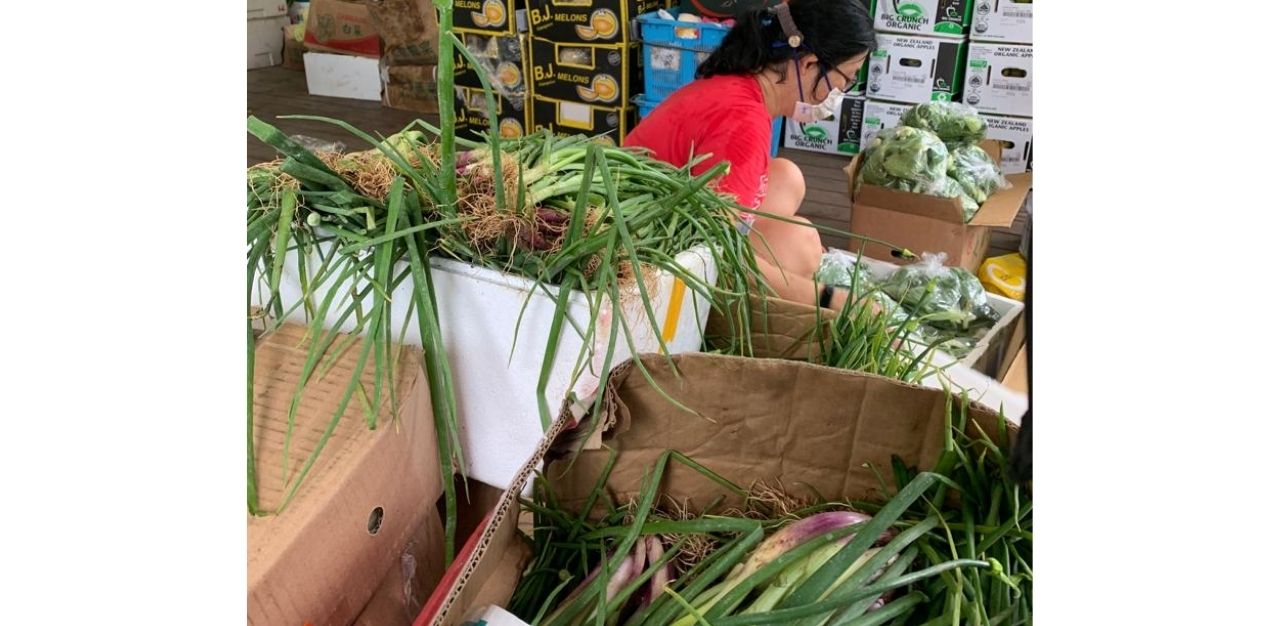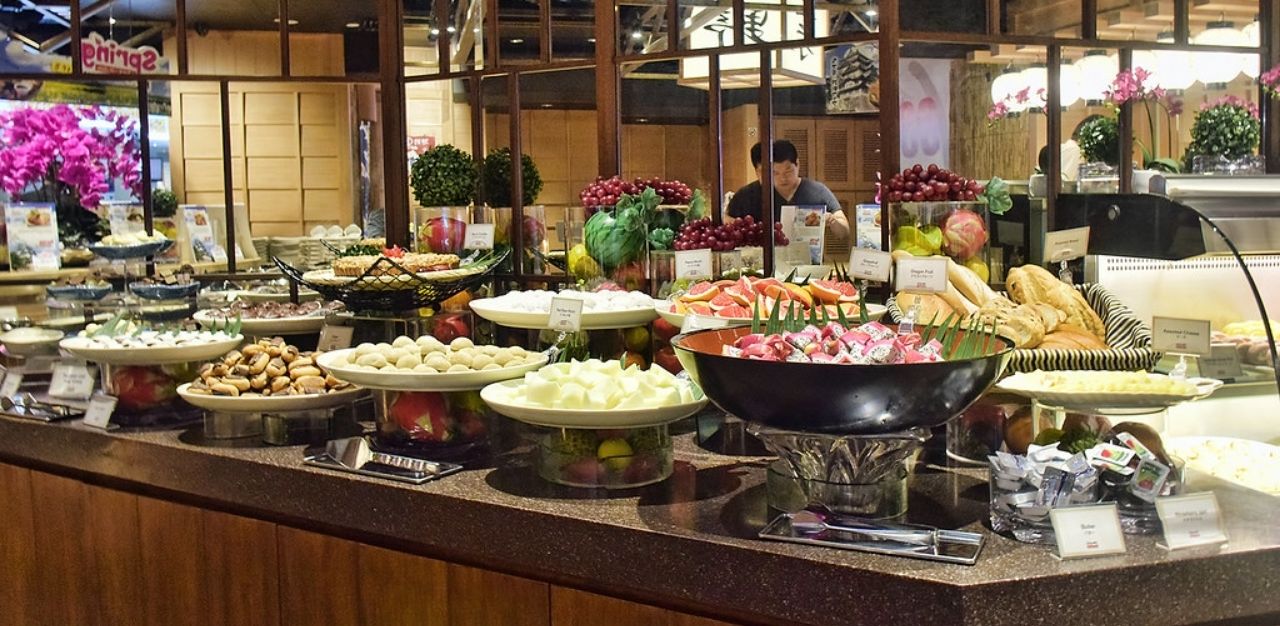Here is an ethical conundrum for you: A restaurant donates its excess food to needy beneficiaries who had gone without at least three meals a day. But one of the beneficiaries ended up with food poisoning.
Does the restaurant deserve to be sued?
Before you answer “yes”, remember that Singapore generates about 700,000 to 800,000 tons of food waste every year. Food security remains one of the most pressing issues the nation faces today.
If you answered “no”, you would be among the 81 percent of the public who are in support of a Good Samaritan Food Donation law to be passed in Singapore, according to an online public consultation carried out by the Good Samaritan Legislation Review Committee (GSLRC).
Led by Member of Parliament for Nee Soon GRC Louis Ng, the committee was set up in September 2020 to work towards passing a Private Member’s Bill which would help waive liability for food donors while ensuring high levels of food safety.
The GSLRC comprises big and small players from the food industry, including representatives from NTUC Fairprice, Breadtalk, DBS Bank, Ya Kun International, The Fullerton Hotels, The Food Bank Singapore, as well as grassroots leaders and Members of Parliament Poh Li San, Hany Soh, and Edward Chia.
“As a restaurateur, we will be happy to donate excess food in good faith to beneficiaries for their redistribution to those in need. However, most of the time, we are faced with fears about liability from all angles,” says Mr Dellen Soh, CEO of the Minor Food Group Singapore and a member of the committee.
“This Bill, if passed, will benefit residents who may not be able to afford their meals, the environment with lesser food waste, and the society through greater efforts of caring for each other,” adds Mr Wong Jin Feng, a grassroots leader at Nee Soon East and a member of the committee.
A separate series of closed-door stakeholder consultations were carried out by the committee from October 2020 to February 2021, including restaurants, hotels, social enterprises, food producers, distributors, wholesalers, logistics providers, supermarkets, food merchants, bakeries, and non-governmental organisations (NGOs).
The open public consultations were carried out to gauge public support for such a piece of legislation and the responses were strongly positive. Over 330 were received, of which more than 317 were from members of the public, well distributed across all age groups and walks of life.
Key findings
1. Whether Food Charitable Organisations (FCOs) should be accredited
Exactly half the respondents in the survey agreed that FCOs handling food donations, such as Food From the Heart or The Food Bank Singapore, should be accredited.
“These respondents thought that accreditation would boost the credibility of FCOs and increase public acceptance or receptiveness to donated food,” says lawyer Charmaine Yap during a virtual press conference held on 24 November.
Twenty per cent disagreed, while 3 per cent were neutral, sharing concerns about the additional compliance burden that any accreditation will impose on FCOs.
“To minimise compliance burdens, respondents shared that the costs of these accreditations should be kept low,” adds Ms Yap.
2. Food donors and logistics providers should be exempted from civil and criminal liabilities
More than 4 in 5 (80 per cent) respondents agreed that donors to FCOs should be legally exempt, if the donor has compiled with food safety and hygiene laws, has not been dishonest, and the food was safe for consumption at the point of donation.
While respondents were supportive, most wanted stringent regulations in place so that a minimum standard of basic assurance that can be provided to ensure food safety.
“There were some concerns that merely ensuring that food donated is in good condition only at the point of donation is not enough, because some time will be needed for the food to be transported to the recipients,” says Ms Yap.

“Respondents felt that it was very important for donors to be transparent about how food is handled, as well as the condition of the donated food,” she adds.
Mr Ng shares that unlike regular liability waivers which can only waive civil liabilities, the Bill will have the power to exempt food donors from both criminal and civil liabilities. This encourages hoteliers and restaurants to come forward with large amounts of excess food that are wasted regularly.
Similarly, 76 per cent of respondents agreed that logistic providers of these FCOs should be exempt from the same liabilities.
“Some of the risks here surround delivery timings, the ‘safe for consumption’ timeframe, spillage or contamination during transport, and potential tampering of food from bad actors,” says Ms Yap.
Similar to Section 41A of the newly revised Animal and Birds Act, the committee will look into introducing quotes that food donors will have to read out each time, before liabilities are waived.
3. Incentives and support to be given to food donors and FCOs
More than 4 in 5 (81 per cent) respondents agreed that grants, assets, and tax exemptions should be provided, in order to encourage donors or FCOs to purchase assets.
These assets include blast chillers or refrigerated trucks, which were brought up by donors and FCOs themselves during closed-door consultations.
While grants for food digesters currently exist, Mr Ng finds this to only be half the solution. “Most of this food is still edible, but we’re turning it into fertiliser and water. Why don’t we use it to provide for people who need it instead?” he asks.
Additionally, tax exemptions were a suggestion put forward by hoteliers, who voiced that it would be very helpful in convincing senior management to donate food, according to Mr Ng.
In response to concerns of possible abuse of grants or tax exemptions, the committee is looking to ensure these policies are accompanied by regular audits.

Bill drafting process not to be rushed
Mr Ng estimates that the Bill will be tabled in Parliament “tentatively in 2022”, and he emphasises that having no fixed timeframe is crucial to ensuring that all concerns raised by the public and stakeholders are properly addressed.
“This is not the end of the consultation process. Members of the public will have more opportunities to share their views and propose amendments after the Bill has been drafted,” says Ms Yap.
“If more concerns are thrown up again, then I think it’s good for the committee to go back to the drawing board to make sure we can address these concerns before I table this in Parliament,” adds Mr Ng.
Join the conversations on TheHomeGround Asia’s Facebook and Instagram, and get the latest updates via Telegram.














